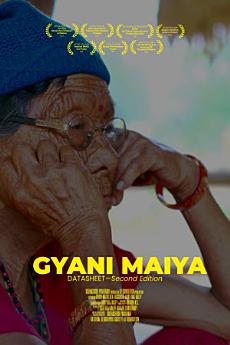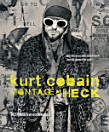Gyani Maiya: 2019 Documentary Datasheet
Acerca de este libro electrónico
The Gi Mihaq (also known as Kusunda) used to be a semi-nomadic hunter and gatherer community that has now settled in villages around the mid-western Nepalese district of Dang. They have long lost their native language Mihaq (Kusunda), to acculturation and a lack of other means for active use. The community also lost their elder Gyani Maiya Sen-Kusunda in 2020, who was the most and the only known fluent Kusunda speaker. Filmed in Kulmor in the Dang District in 2018, this documentary is a memoir of Sen-Kusunda in her own words. It also serves as a biography of her people who have forgotten their language and cultural identity. Kusunda as a language was presumed to be near-extinct as there was little public knowledge of any fluent speaker after Sen-Kusunda. A few years later, the hope of hearing the language of Ban Raja (transl. “king of the forest” in Nepali, an honorific endonym by the Kusunda people.) returned because of two people: Kamala Sen Khatri, Sen-Kusunda’s younger sister who was away from Kulmor, and local researcher Uday Raj Aaley, who took Sen Khatri’s help to pilot an informal school for teaching Kusunda to local children in Kulmor.
This film captures an intimate conversation between Aaley and Sen-Kusunda, who had started working together when Aaley started collecting words in Kusunda to compile a comprehensive dictionary in 2017. Aaley recognises this film to be the most detailed video documentation in Kusunda available to date under an open license.
Calificaciones y opiniones
Acerca del autor
Subhashish Panigrahi is a public interest digital archivist, civil society leader, and documentary filmmaker. He is interested in media in practice as a democracy-making tool to fight caste, gender, and socioeconomic oppressions. With a focus on participatory oral history and nonfiction media research, he has directed and produced nine nonfiction films: three documentaries as a 2017 National Geographic Explorer and the 2021 documentary “MarginalizedAadhaar” as the Yoti Digital Identity Fellow. Panigrahi has served civil society through leadership roles at Ashoka, Internet Society, Mozilla, Wikimedia Foundation, and the Centre for Internet Society. He has also been an open culture advocate and Wikipedia editor since 2011. He has authored many book chapters, academic papers and essays and has spoken at international conferences in more than 20 countries.





